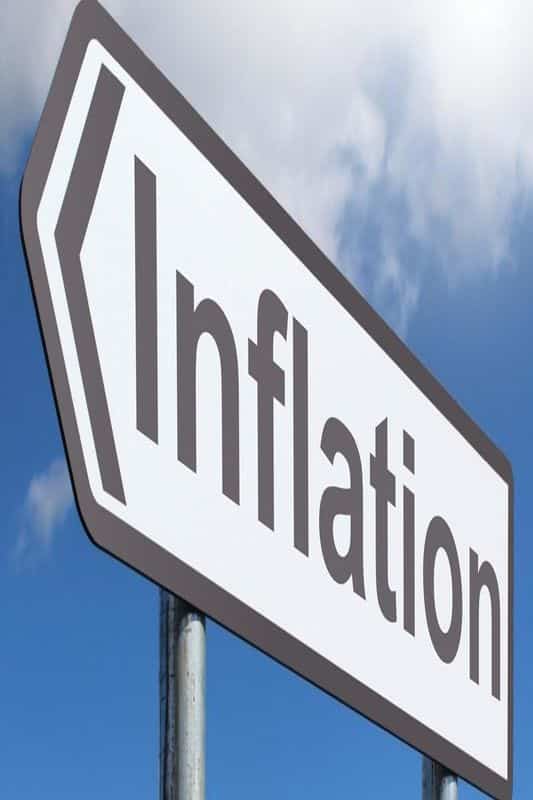
Prices Matter! Inflation forecasts for Pakistan
Mahmood Khalid says prices matter! Everyone needs an inflation forecast nowadays. Inflation measures how much more expensive goods and services have become over a specified period. But the credibility of forecasts and estimation details play a crucial role in public acceptance of predictions. Newly published PIDE research predicts inflation in the range of 10-10.5 percent (FY 2021-22) and 11-11.5 percent (first half of FY 2022-23). These estimates are on the higher side as compared to those of the State Bank and international financial institutions. But the critical point to remember is that such high inflation hurts the poorest segment of society the most and will require increased social protection allocations.
Prices matter! everyone needs an inflation forecast now a days; be it owner of a firm making decisions for input purchases, sales and inventory or a common household making decision of house construction etc. Inflation measures how much more expensive goods and services has become over a certain period, usually a year. Policy makers also try to predict the expected rise in prices and make adjustments accordingly to stabilize any unwanted situation. However, the credibility of forecasts and the estimation details play a crucial role in public acceptance of these predictions.
PIDE Analytics, Vol. I has just been published and it focuses on inflation forecasts for FY2021-22 and first half of FY2022-23. PIDE predicts inflation between 10-10.5 percent in FY2021-22 and 11-11.5 percent for first half of FY 2022-23. These predictions are based on rigorous econometric estimations and vetted by industrial expert’s survey. The results presented are on the high side as compared to those produced by the State Bank and international financial institutions. However these estimates are backed by those who are involved in economic activities on ground (industrial experts). The report further suggests that since the inflation forecasts are broad based, monetary policy tightening can help curb inflation. However expected increase in electricity tariffs, world supply chain disruptions and increase in global crude oil prices would result in persistence of the rise in prices.
Although the higher inflation rates this time are not specific to Pakistan only. Many countries around the world are witnessing higher prices unlike their normal inflation rates. Inflation in Turkey was 20% for October, Argentina 52% and Brazil around 11% for the same period. Such increases in prices will surely hurt the poorest segment of the society the most as they are vulnerable to price shocks. This will need increased social protection allocations by the government to provide temporary relief to this segment of society.
About the author: Mahmood Khalid is a Senior Research Economist at PIDE



